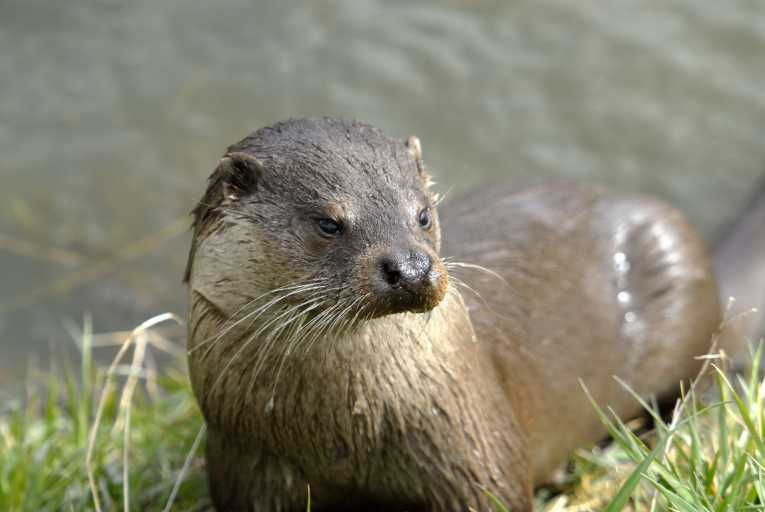The UK government wants people to take a greater role in keeping rivers and waterways clean and free from pollution.
In announcing a £100million pot of money to improve rivers for wildlife, Environment Minister Caroline Spelman is encouraging voluntary groups to be more involved in caring for their local waterways.
The funding represents the start of a four year programme to tackle pollution, invasive weeds and removing redundant man-made structures like dams and weirs that inhibit the growth and development of natural wildlife.
For animals like otters and salmon is will help their populations grow.
The money will be distributed amongst the Environment Agency, Natural England and groups like the Association of River Trusts. There will also be an opportunity to provide support to local projects across the country.As well as focusing on waterways near cities and urban developments, a significant portion of the money will go to farmers. Pollution from fields and farmland into waterways is a growing issue so £18million will go to farmers to tackle it. One solution is to build what’s called "buffer strips" between the field and the waterway.
The funding has won backing from the Our Rivers Campaign. Backed by the RSPB, WWF-UK, the Angling Trust and the Salmon and Trout Association, the campaign has pushed for the publication of a White paper on Water by the Coalition Government to safeguard the health of rivers and protect freshwater wildlife.
The campaign seeks to have a clear timetable to restore the flow of rivers, reduce pollution by enforcing environmental regulations and encouraging water companies to work with farmers to reduce pollution of waterways.
Coordinator Ralph Underhill has said the announcement of funding does not "solve all the problems overnight but it is a significant step towards securing the future of the river environment in England and Wales, which is under great pressure from a variety of threats including pollution and abstraction".
Defra has committed to publishing a Water White Paper this summer. It will focus on the challenge facing the water industry including, climate change and population growth and their effects on future water resources and infrastructure resilience, the availability of future investment, how to manage wastewater effectively, how to improve customer service – all while keeping water bills affordable.










